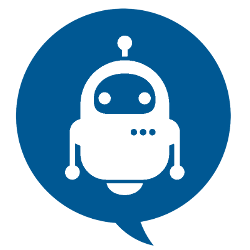What is Artificial Intelligence (AI) ?
Artificial intelligence (AI) refers to the simulation of human intelligence in machines that are programmed to think like humans and mimic their actions. The term may also be applied to any machine that exhibits traits associated with a human mind such as learning and problem-solving.
Key Takeaways
-
Artificial intelligence refers to the simulation of human intelligence in machines.
-
The goals of artificial intelligence include learning, reasoning, and perception.
-
AI is being used across different industries including finance and healthcare.
-
Weak AI tends to be simple and single-task oriented, while strong AI carries on tasks that are more complex and human-like.
Artificial intelligence is based on the principle that human intelligence can be defined in a way that a machine can easily mimic it and execute tasks, from the most simple to those that are even more complex. The goals of artificial intelligence include learning, reasoning, and perception.
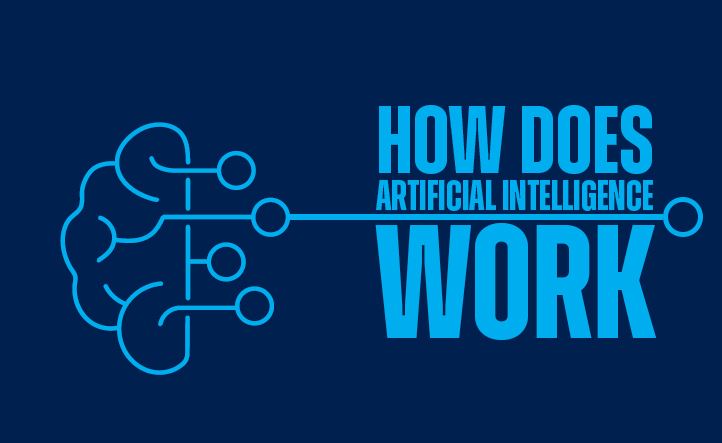
Artificial intelligence works by using algorithms along with constraints and other elements that help gear models toward thinking, perception, and action. AI can be powered by deep learning or machine learning, or it can be powered by simpler processes of rules. The most basic artificial intelligence isn’t as complicated as it sounds. It can be a computer programmed to behave in a certain way or give certain outputs based on certain rules.
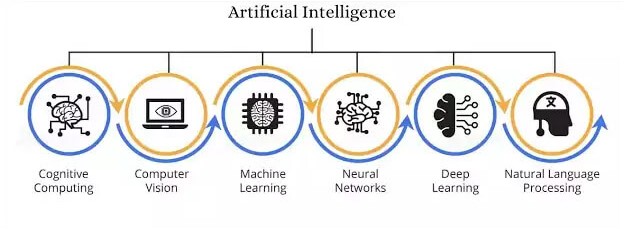
Artificial intelligence use cases examples
There are many ways in which the average technology consumer interacts with artificial intelligence technologies in their daily lives, but most people don’t realize what technologies actually use AI. Here are a few examples of artificial intelligence technologies that many people encounter in their lives.
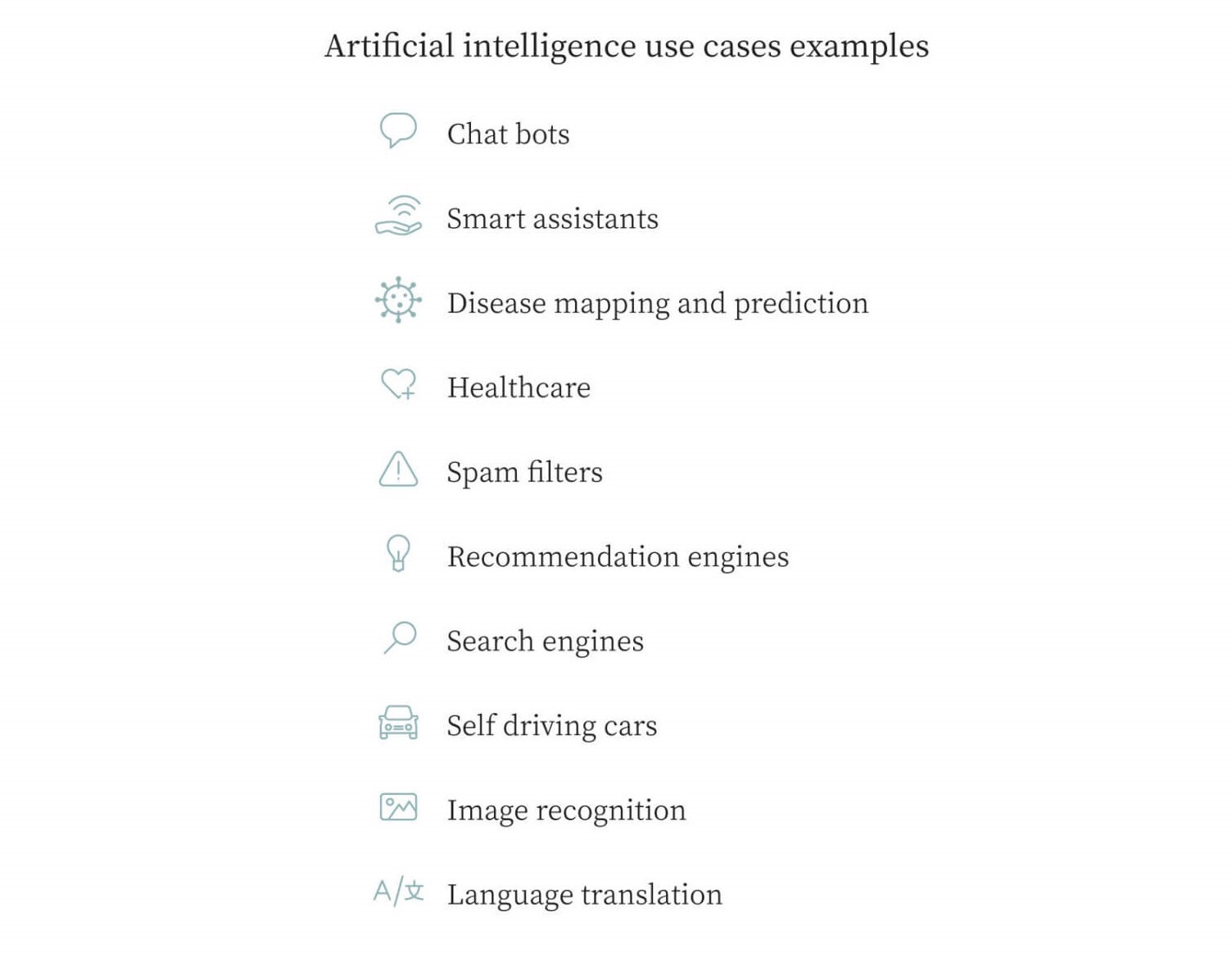
Chat bots
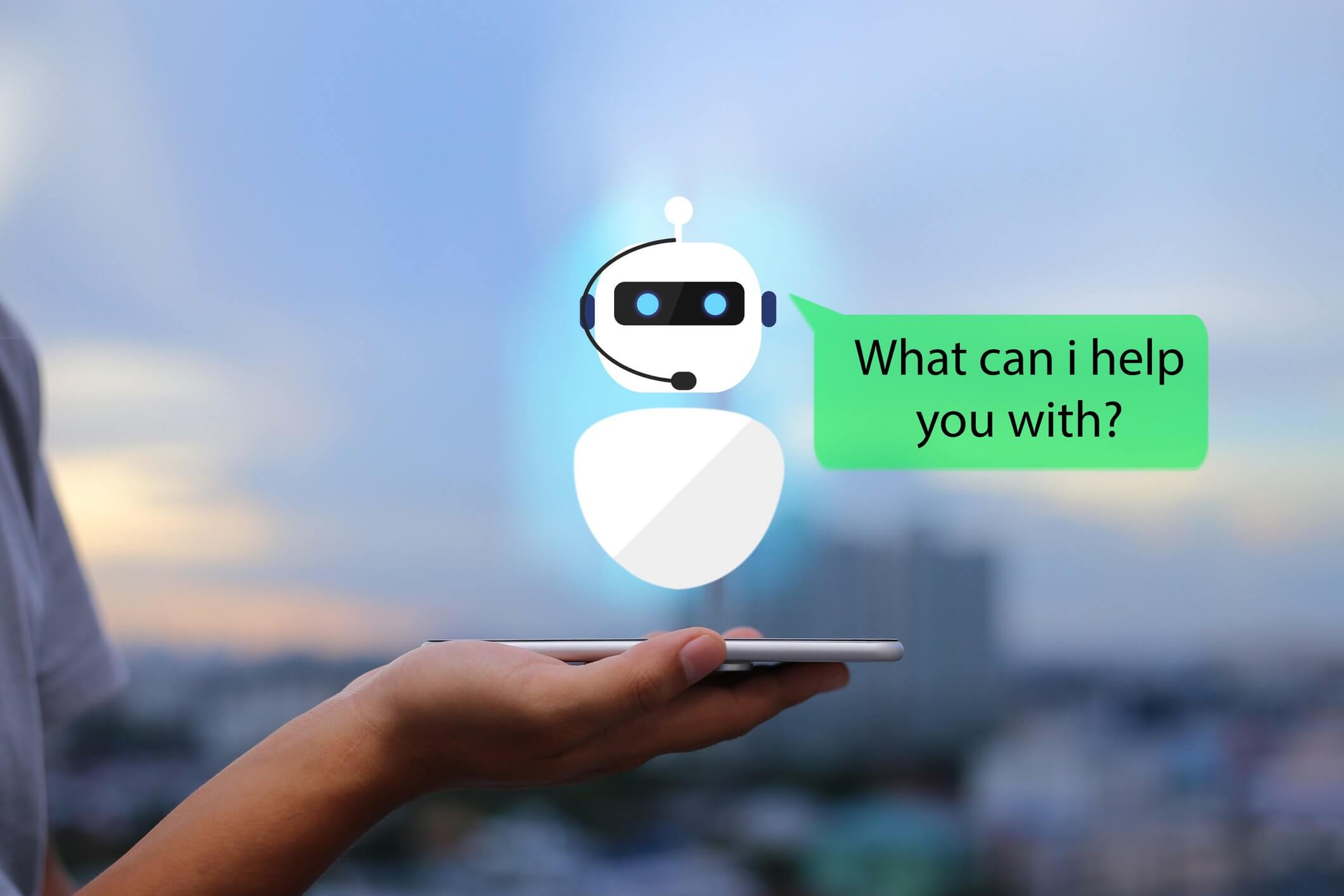
If you’ve ever come across a chat bot on a website or social media messenger, it is powered by AI. Chat bots are one of the more simple examples of AI, since they are simply coded to send messages based on rules about how they should interact with users. Sort of an “if this, then that” type of programming.
Smart assistants

Siri, Alexa, and all the other smart assistants are examples of artificial intelligence. They understand what users say to them and can follow directions and respond accordingly. These are like the next level of chat bots, since they use speech recognition and are connected to larger databases of information such as search engines.
Disease mapping and prediction
Epidemiologists have always worked to try to understand how diseases spread in order to be able to predict and hopefully avoid them. Artificial intelligence is making this easier. This is an example where it’s easy to see how artificial intelligence simply allows for quicker progress on data analysis and prediction modeling than humans could do alone.
Healthcare

Artificial intelligence has the ability to recognize images and detect patterns, trends, and anomalies in images. This function of AI has been applied to healthcare, since doctors have always used their human eye to detect anomalies in X-rays, MRIs, and other medical imaging. Artificial intelligence for healthcare can detect health issues such as tumors and cancers earlier and more accurately than the human eye can.
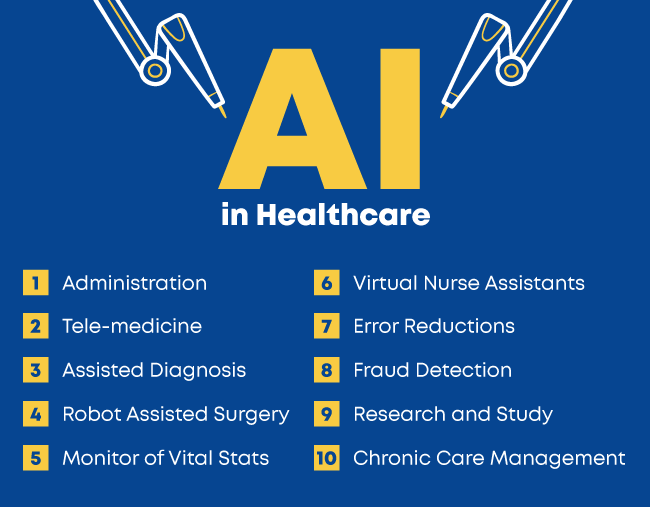
Spam filters

Everyone who uses email knows about spam filters. Email inboxes are equipped with filters that send spam emails to a separate folder so they don’t clutter users’ inbox with useless messages. Spam filters also exist for phone calls, to filter out scammers and other spam phone calls. AI powers these spam filters by using previous knowledge of what spam emails or phone calls look like from a data perspective, and filtering out the ones that match.
Recommendation engines

The recommendation engines on Netflix and Spotify are some of the most well known. They use data about which shows you’ve previously watched or songs you’ve previously listened to in order to recommend other shows you should watch or songs you should listen to. These are only a couple examples. Recommendation engines also exist in social media platforms to recommend people you should connect to or to show you content you might like.
Search engines
Search engines have such huge databases that the only way they are able to sort through all of their potential results to show you the best results for your search is with AI. Search engine algorithms are some of the best examples of robust algorithms out there. For example, Google is said to use something like 200 data points to determine where each result ranks on each results page. With billions of pages in their database, that is a lot of data running through their algorithm with every query.
Self driving cars
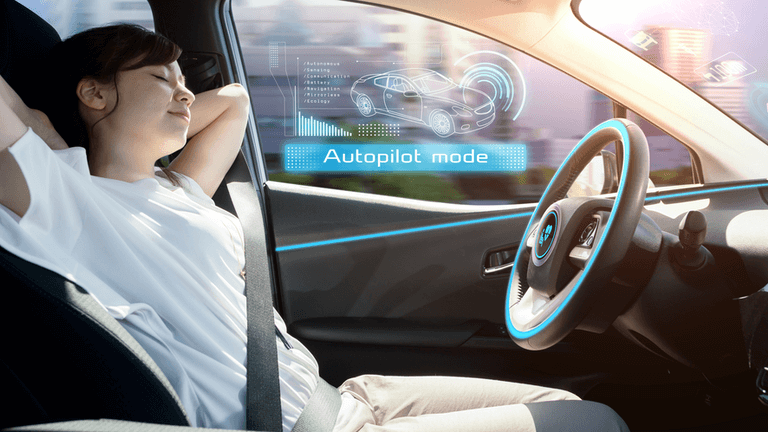
Although fully self driving cars aren’t widely available yet, they are well in the works with multiple companies, and some self-driving features are already available in cars today. Companies like Google and Uber are vying to be the first to develop a consumer-ready self driving car, but you can already buy cars with sensors that alert you to close objects, break automatically, and can parallel park themselves. Artificial intelligence is what allows all of this to be possible, and just like how AI can detect cancer better than the human eye, self-driving cars can probably drive better than a lot of humans too.
Image recognition

Image recognition includes the previous healthcare example, but there are many other applications of image recognition as well. Facial recognition is a subset of image recognition, and it’s how many people unlock their smartphones today. Image recognition also powers filters on social media sites that detect inappropriate content.
Language translation
Many people who have a smartphone have used a language translation app at some point. There are apps that allow users to speak into them in one language and play their message back in a different language. This incorporates speech recognition, language detection, and natural language processing, which are both types of AI.
Why is artificial intelligence important?

Carrying a smartphone means we have seemingly limitless information at our fingertips, along with applications that give us abilities like real time language translation or a smart assistant that can send messages for us on voice command.
AI allows us the same accuracies and efficiencies that robotic automation allows to manufacturing, but with information work rather than physical work. It automates repetitive learning on human command, and does it with incredible accuracy. Artificial intelligence is helping advance technologies that keep us safe such as detecting cancer and other health issues and driving cars safer than a distracted human can.
From a business perspective, AI can be used for technologies that improve customer experience or to predict customer retention and churn rates to help understand the quality of customer experience. AI can predict financials quicker and more accurately than humans, so that companies can forecast and plan accordingly to stay profitable. The possibilities are endless.
Artificial intelligence provides value to everyone from consumers to enterprises. It is not taking over the world, but it is improving our world.
What are the Advantages of Artificial Intelligence?
There’s no doubt in the fact that technology has made our life better. From music recommendations, map directions, mobile banking to fraud prevention, AI and other technologies have taken over. There’s a fine line between advancement and destruction. There’s always two sides to a coin, and that is the case with AI as well. Let us take a look at some advantages of Artificial Intelligence-
- Reduction in human error
- Available 24×7
- Helps in repetitive work
- Digital assistance
- Faster decisions
- Rational Decision Maker
- Medical applications
- Improves Security
- Efficient Communication
Prerequisites for Artificial Intelligence?
As a beginner, here are some of the basic prerequisites that will help get started with the subject.
1. A strong hold on Mathematics – namely Calculus, Statistics and probability.
2. A good amount of experience in programming languages like Java, or Python.
3. A strong hold in understanding and writing algorithms.
4. A strong background in data analytics skills.
5. A good amount of knowledge in discrete mathematics.
6. The will to learn machine learning languages.


